
Q. My child is always constipated repeatedly after one year old. Is it useful to take probiotics?
A. The European Society for Pediatric Gastrointestinal Nutrition (ESPGHAN) and the North American Society for Pediatric Gastroenterology, Hepatology and Nutrition (NASPGHAN) conducted a systematic review of previous relevant studies and found that the research evidence does not support it. More fiber intake, drinking water regularly and exercising more can prevent or relieve constipation. Normal intake, normal exercise is enough.
So, what does the latest research on constipation in children suggest? Do probiotics work? What medicines are safe and effective for children? In the end the research evidence supports how to prevent constipation?
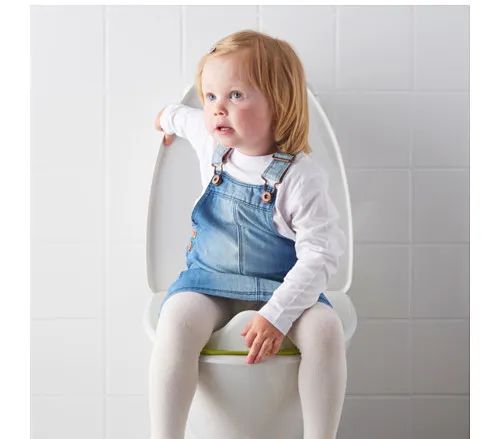
1. How to pass baby’s hard stool
Babies do not need medication for constipation unless prescribed by a doctor.
When your baby has hard, impacted stools that are hard to pass, your doctor may recommend oral medication, rectal medication, or a combination.
Oral medication
In children with fecal impaction, guidelines from the European Society for Pediatric Gastrointestinal Nutrition (ESPGHAN) and the North American Society for Pediatric Gastroenterology, Hepatology and Nutrition (NASPGHAN) recommend the use of oral polyethylene glycol with or without electrolytes. The daily dose is 1 to 1.5 grams per kilogram for 3 to 6 consecutive days as an initial treatment to allow the impacted stool to pass.
Rectal medication
Older children can use a bisacodyl suppository, and infants can use a glycerin suppository (a glycerin-based solution). These methods are generally not as effective as enemas, but are well tolerated.
It is often mentioned by mom and dad to use soapy water, but doing so is risky and not recommended! Foaming soapy water, tap water, milk and syrups, magnesium (i.e. magnesium sulfate), or herbal enemas are not recommended because of possible complications, including colitis, water intoxication, intestinal perforation, and intestinal necrosis.
Oral and rectal administration
If your child has severe constipation, it is advisable to see a doctor.
Moderate or severe fecal impaction may require a combination of oral and rectal administration, which is recommended as directed by a doctor.
2. Continue treatment to avoid constipation again
If the baby meets the “Rome III” criteria for functional constipation, after passing the impacted stool, maintenance therapy with oral laxatives may be required to prevent stool re-accumulation.
The European Society for Pediatric Gastrointestinal Nutrition (ESPGHAN) and the North American Society for Pediatric Gastroenterology, Hepatology and Nutrition (NASPGHAN) recommend the use of polyethylene glycol with or without electrolytes as initial treatment at a recommended daily dose of 0.4 g/kg, And adjust the dose according to clinical response.
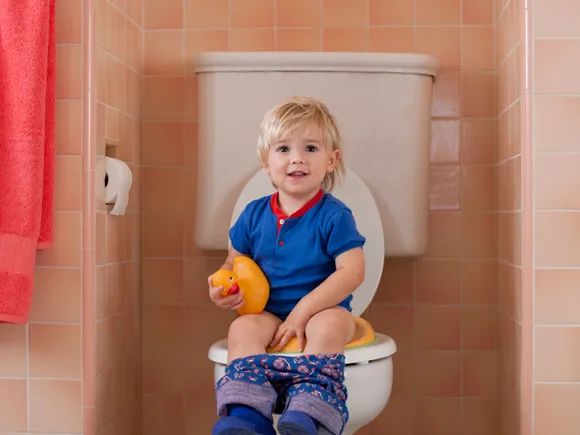
There is evidence that polyethylene glycol is more effective than lactulose, milk of magnesia, mineral oil or placebo, has fewer adverse effects and is more acceptable to children.
In the absence of polyethylene glycol, fructose is recommended. This is because there are more studies evaluating the effects of lactulose than milk of magnesia and mineral oil in studies evaluating the effects of constipation in children. And for people of all ages, lactulose is safe.
In addition, if polyethylene glycol is used, research evidence does not support the additional use of enemas.
Maintenance therapy should be continued for at least 2 months. Treatment should be discontinued after all symptoms of constipation have improved for at least one month. Treatment should be tapered off gradually.
3. Daily diet adjustment
Constipation can be caused by a combination of factors, and it is often difficult to find a clear cause. If the baby is often constipated, it is necessary to pay attention to eliminate some unfavorable factors as much as possible.
First of all, we can try to rule out the problem of daily diet.
Breastfed babies:
Feed your baby more frequently and seek advice from your doctor and child care nurse.
Formula-fed babies:
Due to the inappropriate brewing method, the baby’s formula milk does not add enough water, which may cause the baby to be constipated. Double-check that the powdered milk was brewed correctly according to the instructions.
Make sure you are using the scoop that came with the formula jar – the size of the scoop may vary from brand to brand;
Do not force the formula into the spoon, it should fit loosely in the spoon, the amount of powder should be flush with the sides of the spoon, you can use the cut surface of a knife or the leveling tool provided in the jar to scrape the milk powder in the spoon .
Add water first, then add milk powder, otherwise the water for brewing milk powder will be insufficient.
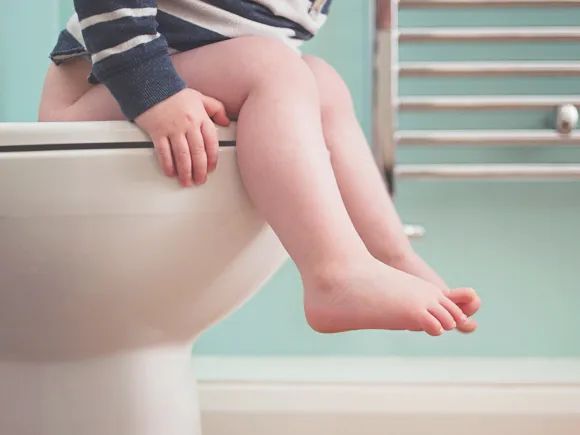
Infants with solid foods (6 months old):
If it’s because of an unreasonable food mix for your baby, it’s also important to eat a diet that’s conducive to regular bowel movements.
Increased intake of fruits, raw vegetables, bran, whole-grain bread, and cereals is generally recommended, as is adequate intake of fluids other than milk.
Between meals, try giving your baby some water, or drink some juice diluted with 1 part juice to 3 parts water.
Children should be encouraged to eat more fruits and vegetables and chop or mash these fruits and vegetables according to their chewing ability. Includes stewed plums, stewed apricots, and steamed vegetables.
Generally speaking, if the baby’s diet is not balanced, it is recommended to adjust the diet structure to meet the needs of balanced nutrition, or to prevent constipation when there is no constipation. However, under the premise of a balanced diet, constipation occurs, and increasing the intake of fiber and water does not help.
Fiber:
Not only is there no solid evidence to support increasing fiber intake to treat constipation, but some studies have even found that increasing fiber intake may actually worsen constipation.
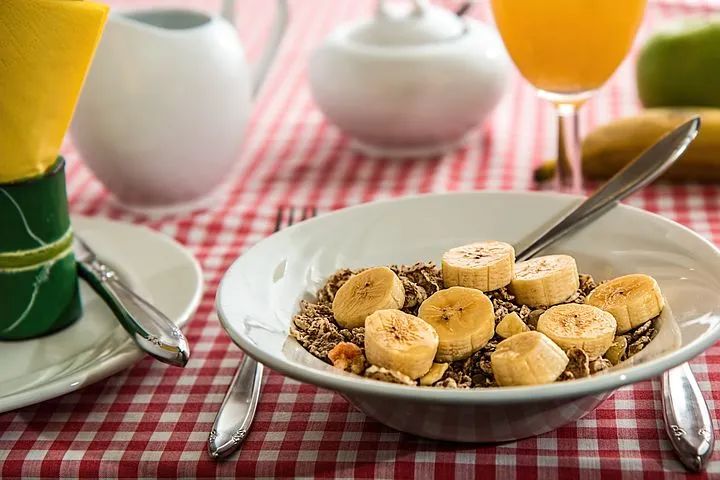
Dietary fiber can be harmful to children who are constipated, especially if they are constipated frequently and have repeated impactions.
On the one hand, fiber increases stool bulk and water content, making it softer and easier to pass. On the other hand, increased stool volume can also lead to further enlargement of the rectum and colon in children with fecal retention, affecting the child’s ability to feel the need to defecate. Impaction can occur if you don’t get enough fluids while supplementing with fiber.
Fluid intake:
There is no evidence that constipation can be successfully treated by increasing fluid intake unless the patient is clinically dehydrated. But to ensure adequate hydration, children with chronic constipation should be encouraged to drink plenty of water or other non-emulsions each day, especially when using fiber supplements—otherwise fiber supplementation may worsen constipation.
Fluid intake in excess of usual intake had no effect on bowel frequency, stool quality, or ease of defecation.
Dairy:
If treatment fails, consider trying to restrict milk protein in your diet for at least 2 weeks to see if constipation improves. If your child is over one year old, a non-dairy form of milk, such as calcium-fortified soy milk, can also be used instead.
Some children with constipation may have a hidden intolerance to cow’s milk. Constipation may be a delayed clinical manifestation of intolerance to cow’s milk proteins.
In addition, if a child drinks too much milk, because milk has a strong sense of satiety, it may affect the intake of other foods, thereby affecting the child’s balanced diet.
Probiotics:
The most widely studied microorganisms are Bifidobacterium and Lactobacillus. However, there is insufficient evidence from controlled trials in children and adults to support the recommendation of probiotics for the treatment of constipation in children, nor to determine the most effective strains, doses, or duration of treatment.
Research evidence does not support the use of probiotics and prebiotics to treat constipation.
Based on research evidence, it is recommended that
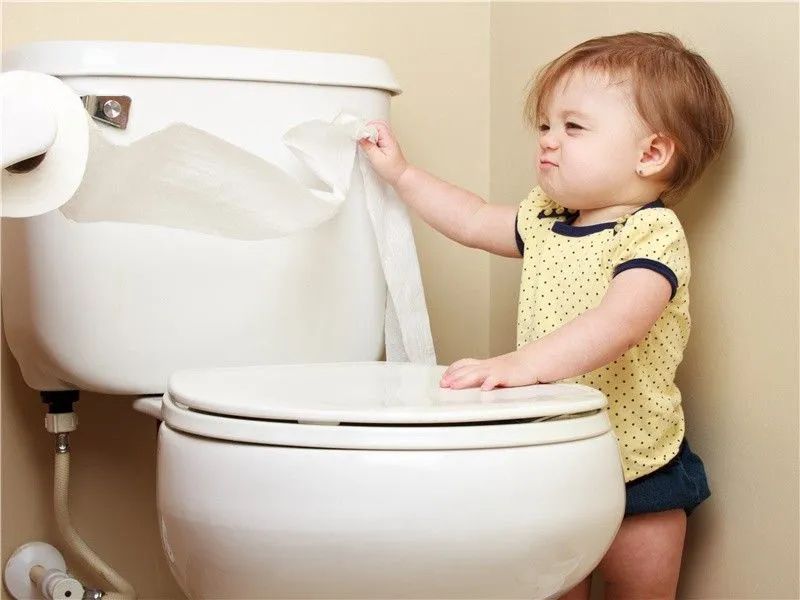
Guidelines from the European Society for Pediatric Gastroenterology and Nutrition (ESPGHAN) and the North American Society for Pediatric Gastroenterology, Hepatology and Nutrition (NASPGHAN) recommend:
- Get a normal amount of fiber.
- A normal amount of fluid intake is recommended.
- Normal physical activity is recommended for children with constipation.
- The daily use of prebiotics is not recommended in the treatment of constipation in children.
- Daily use of probiotics is not recommended in the treatment of constipation in children.
- During the treatment of constipation in children, the use of biofeedback as an adjunct therapy is not recommended.
- Alternative therapies (including acupuncture, homeopathy, mind-body therapy, musculoskeletal therapies such as osteopathy, chiropractic, and yoga) are not recommended during the treatment of constipation in children
- For children with fecal impaction, oral polyethylene glycol with or without electrolytes is recommended at a daily dose of 1 to 1.5 g/kg for 3 to 6 days as initial treatment.
- In children with fecal impaction, a daily enema is recommended for 3 to 6 days if polyethylene glycol does not work.
- Polyethylene glycol with or without electrolytes is recommended as initial therapy at a recommended daily dose of 0.4 g/kg, with dose adjustment based on clinical response.
- Additional enema therapy is not recommended for patients on long-term polyethylene glycol use.
- If polyethylene glycol does not work, lactulose is recommended.
- According to experts, the use of milk of magnesia, mineral oil, and stimulant laxatives can be considered an add-on or secondary treatment.
- Maintenance therapy should be continued for at least 2 months. Treatment should be discontinued after all symptoms of constipation have improved for at least one month. Treatment should be tapered off gradually.
- Constipation occurs during the toilet training phase, and the medication is not stopped until the child is familiar with how to use the toilet.
- Daily use of rubiprost, linaclotide, and prucalopride is not recommended for children with intractable constipation.
- Transcutaneous nerve stimulation is not recommended for the treatment of children with refractory constipation.
- Seek professional help:
Usually, constipation does not cause health problems. Take your baby to see a doctor for professional help if:
- Babies under 8 weeks who have not had a bowel movement for more than 2-3 days and are slowly gaining weight;
- The baby has been constipated for a while for no apparent reason and is very distressed, with blood in the stool or other signs of illness.


